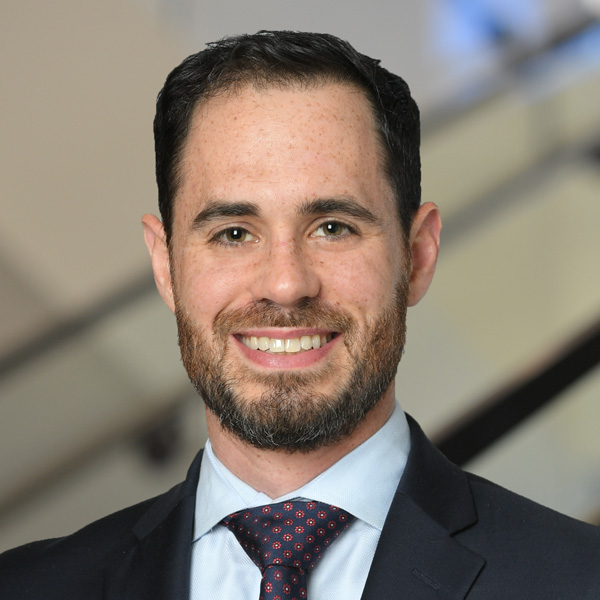On July 21, 2025, the U.S. House of Representatives passed the Equal Opportunity for All Investors Act of 2025 (the Act). The Act proposes to revise the definition of “accredited investor” in Rule 501(a) of Regulation D under the Securities Act of 1933, as amended (Securities Act), to include any natural person who is certified through a to-be-established Securities and Exchange Commission (SEC) examination process. The examination process, which, pursuant to the Act, must be established by the SEC within one year following the enactment of the Act, and which may be a test, certification or examination program, must (i) be designed with an appropriate difficulty level such that an individual with financial sophistication or training would be unlikely to fail, (ii) include methods to determine competency and knowledge in certain areas such as the disclosure requirements of different securities; and (iii) be administered by a registered national securities association and offered free of charge to the public.
The Act comes just one month after the U.S. House of Representatives passed a separate bill focused on expanding the “accredited investor” definition – the Fair Investment Opportunities for Professional Experts Act, as we described in more detail here.
The new categories of “accredited investor” introduced in these bills would enable individual investors to qualify as “accredited” beyond the current wealth and income thresholds (generally, $200,000 of annual income for individuals or $300,000 of joint annual income with a spouse or spousal equivalent, or a net worth in excess of $1,000,000).
Both bills have been referred to the U.S. Senate Committee on Banking, Housing, and Urban Affairs. It remains to be seen whether the U.S. Senate will pass either of these bills and whether either bill will be signed into law.
In a related development, during its September 18, 2025 meeting, the SEC’s Investor Advisory Committee said the current accredited investor framework (built around wealth-based standards) is not reflective of today’s capital markets and that retail investors should have greater opportunities to participate in the rapidly expanding private markets so long as appropriate guardrails are put into place. This position of the committee further demonstrates the growing push toward modernizing the accredited investor definition and expanding access to the private capital markets.





